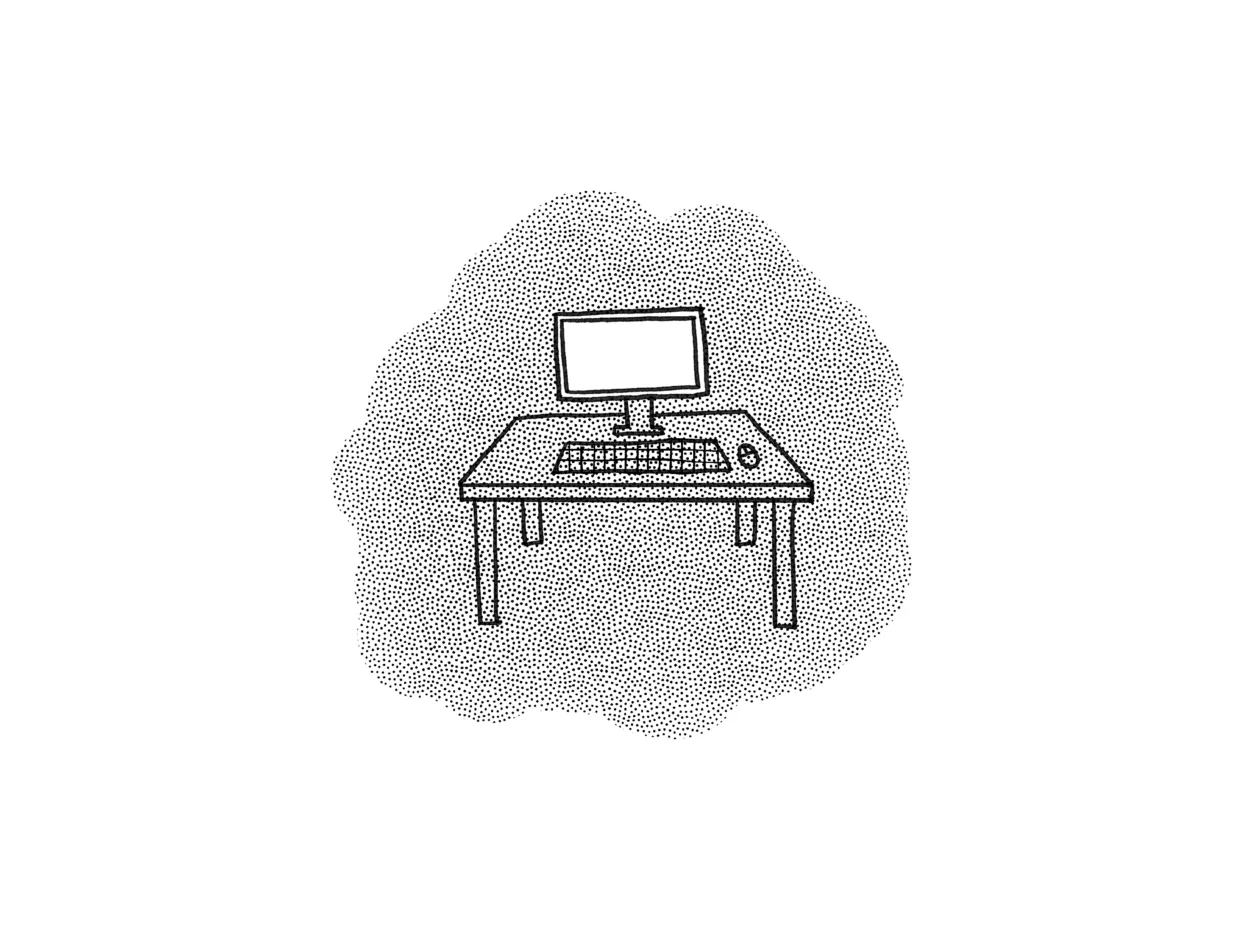
Image by Ivy Sanders Schneider

Image by Ivy Sanders Schneider
The United States is a lonely country. The pandemic didn’t help, but it wasn’t the cause: the amount of time Americans spend talking and socializing with one another has been declining for at least two decades, about an hour and a half less per week in 2019 than in 2003. We’re having less sex than ever — the percent of 18-to 29-year-olds who reported having had none at all in the previous year doubled between 2008 and 2018 — and we’re getting sadder, too: the rate of depression in the same age bracket nearly doubled between 2017 and 2023.
Queerness once appeared to offer an antidote of sorts to social atomization. In the mid-twentieth century, queers flocked to cities, escaping the strictures of the nuclear family and the detached houses of suburbia in search of somewhere else, anywhere else, to drink and talk and fuck. If the mortgage and the kids and the normative jobs were the presumed American ideal, then the queer city presented an alternative, one in which the desire for physical contact and communal connection — disco in the ’70s, the East Village in the ’80s, AIDS activism in the ’80s and ’90s — replaced, at least in theory, the desire for consumerist accumulation.
Today, one could be forgiven for thinking that we have actualized the queer future dreamt by those mid-century city dwellers. Much of their subcultures has become our mainstream: we gesture at it in house-inspired music (Renaissance, Chromatica, the new Ariana single); we memorialize it through documentaries like Paris Is Burning; we watch it enacted and reenacted (with diminishing returns) on Drag Race; we take sides in the shade war between Eileen Myles and Patti Smith; we study the history of ACT UP and apply it to our own political struggles. And a tremendous number of young people seem to be queer these days: more than seven percent of Americans and twenty percent of Zoomers, by some estimates, now identify as not-straight in some way.
The problem is, the queer city did not require just queerness alone. Crucially, it required the city — the physicality, the human contact. The world may appear gayer than ever, but it’s also less physical than ever. Queerness flourishes, just not in a gayborhood; it proliferates through Twitter bios with parodically long strings of acronyms, and on Discord servers where young people create new gender and sexual identities on a semi-weekly basis. On TikTok, nonbinary people argue over whether it’s more appropriate to call themselves “ENBYs” or “NBs.” For a certain set, at least those who max out their screen time, this starts to become enough — all that’s needed to stake a claim to a complex, IRL history, and attainable from the privacy of one’s home. Out of the closet and into the living room.
It’s possible that queerness has retreated to the web because the real world is still hostile to its existence. Both Sarah Schulman, in her book The Gentrification of the Mind, and Samuel Delany, in Times Square Red, Times Square Blue, have described the gentrifying death knell of last century’s urban queer dream: its subjects were repressed by law, destroyed by economic warfare, and left to die from medical neglect. Little has materially improved. The rents are too high, the wages too low. State repression is ramping up, and physical touch is often unsafe thanks to government neglect.
These conditions have reinforced the idea that we needn’t work to actualize queer utopia as long as we can identify however we please from the remove of our devices. It’s great, as some scholars have argued, that we have a technology like the internet to discover our identities and help others do the same. But identity does not create art, family, or activism. Queerness is, or could be, a practice based in connection, one diametrically opposed to the loneliness of American life. Online, queerness is often no more than a word, one that does little to change our ever-more-isolating circumstances.
Recently, a trans woman tweeted that ambiguous labels like “nonbinary” and “queer” have been “hijacked” by straight and cis people who don’t actually live lives of “highly advanced faggotry” — being part of an IRL scene, fucking people of different genders, making themselves a different gender and living that gender in the real world. The backlash was swift: how dare someone suggest that queerness should be more than planting a virtual flag? I agree with the original post, but I also feel sympathy for cancellation-happy Zoomers — envisioning a different, messier world is hard when you’ve grown up with a sanitized, backward-looking, digital one; when social life is dangerous, or too expensive to participate in, or simply does not exist. But they, we, will have to realize that identity is not enough. It’s time to ask for, to demand, far more.
P.E. Moskowitz is a New York City-based writer who runs Mental Hellth, a newsletter about your broken brain. They are the author of the forthcoming book Rabbit Hole, a combination of memoir and reportage exploring how people use drugs to survive modern life.